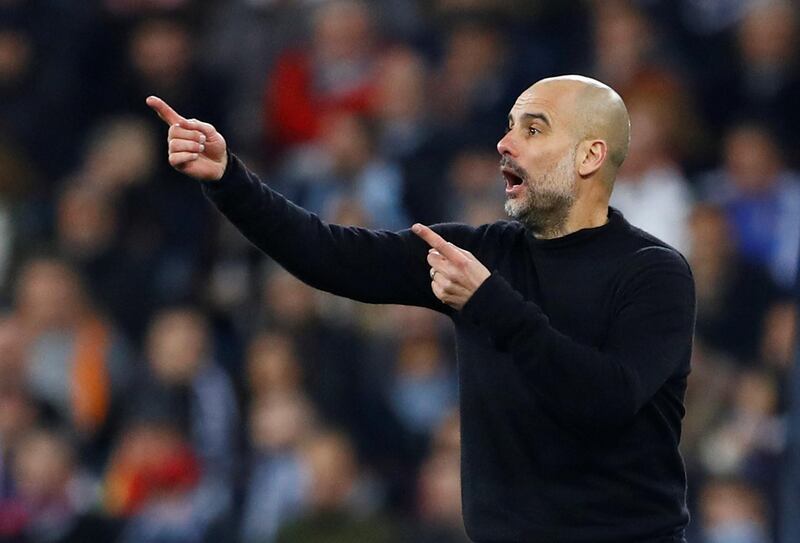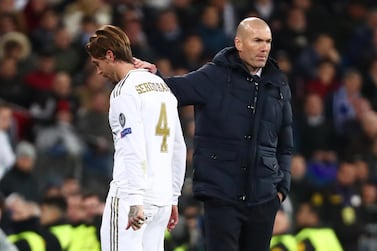Perhaps somewhere, whether in Barcelona or Manchester, Pep Guardiola has a personal trophy cabinet. If so, it needs to be sizeable. The Carabao Cup final against Aston Villa on Sunday presents a chance for him to collect a 48th medal and a 30th as a manager.
Guardiola concentrated more on the immediate impact for Manchester City, who could win a sixth successive English honour, if Community Shields are included, or a sixth of seven, if they are not.
Either way, it is unprecedented. “Six domestic titles in a row,” marvelled Guardiola. “No team has done this in the past in this country. When we review and look at the stats how many times we have been there, we realise: ‘we have done this.’ In sports, no single team has won every time, every three days, all the competitions during 10, 11, 12 years of career. It is impossible.”
City have come closer than most. Comparing those many trophies may not flatter the immediate target, but Guardiola is more appreciative than ever of the prizes. “The Carabao Cup is not the same as the Premier League,” he said. “Sorry, Carabao.” But an initial wonder has given way to a recognition of everything required to win any competition.
“The first ones are special, of course,” said a manager whose debut year at Barcelona brought the Champions League.
“At first you don’t know if you are able to do it but now you realise more how difficult it is. The beginning was more the excitement. We won the Carabao Cup twice [in a row] and all the big clubs in the Premier League are in it. You are in the final again.”
It is the product of a determination to take every game seriously. “We have lost many times but people cannot deny how we were there and incredibly committed until the end,” Guardiola rationalised. “And that is what I am most proud of.”
City’s last major final, against Watford in the FA Cup, ended 6-0. Their last meeting with Aston Villa finished 6-1.
Guardiola shrugged off suggestions of another thrashing. “I never thought about the score for any final,” he added.
City’s last Carabao Cup was won on penalties, against Chelsea. While Kevin de Bruyne scored from 12 yards against Real, they have struggled with spot kicks this season. If a shootout beckons, Guardiola will not choose the takers. “I always like the players to take the decision,” he explained.
Villa, he noted, have had a week to prepare. City have had to refocus quickly after one of the outstanding results in their history, Wednesday’s win against Real Madrid in the Bernabeu. Yet that is part of a winning mentality. The reaction to silverware, he said, is the same. “Always in the big clubs, the next day you celebrate but the second day, the people knock on the door and say: ‘We have to try to do it again’.”
The importance of winning the next match is underlined amid a culture of short-termism and overreactions. Managers are aware of knee-jerk verdicts. “Today, everything is more extreme compared to when I arrived,” Guardiola said. “With Twitter, social media, Instagram. Everything is more “wow”, ups and downs. ‘You have to sack him.’ People have no patience.”
And yet long-term application can reap rewards. De Bruyne is 28 and touching new heights, not least by scoring in the Bernabeu after setting up Gabriel Jesus’ equaliser with a wonderful cross.
“He’s able to see something special no one else can see but even with that he’s improving,” Guardiola said. “Honestly, with these types of players, the challenge comes from inside themselves. If you have to push them to be something special they are not big, big, big. The one detail that all the best players have is to never complain.”
It is, he thinks, what separates the best from the rest. “The others, they are the ones who make reasons why they can't do it. That's why they change clubs all the time and never end up with a top club. The big players always look at themselves.”
But when Guardiola, one of the bigger managers of his generation looks at himself and what he has achieved, the glint of silverware should be an indication it is a lot.







